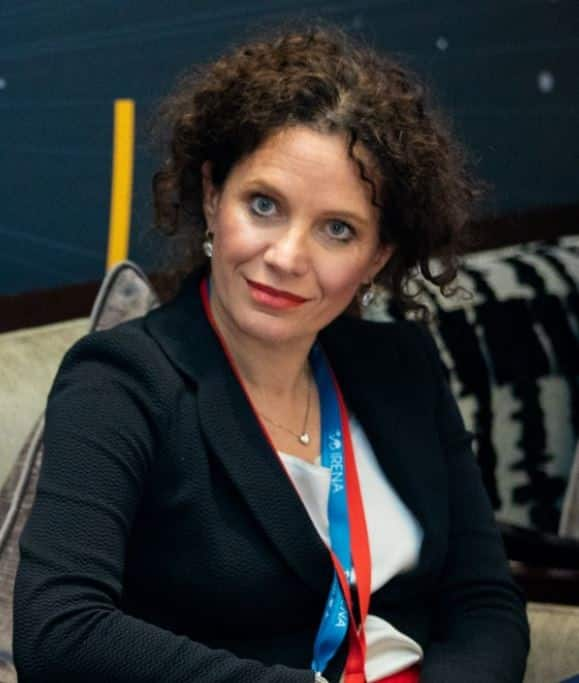Sessions With Maria Rita Galli
Tuesday, 10 March
-
05:55pm - 06:30pm (CST) / -
Plenary - Europe, Russia and US: Who drives Europe's energy security?
Geopolitics/Policy/RegulatoryEuropean energy security—particularly where natural gas is concerned—has recently been the subject of high-level geopolitical debate. From the perspective of many in Europe, the continent’s gas supply has never been more secure, thanks to major EU gas market reforms over the past 15 years and, at present, plentiful supply in the global LNG market. However, the United States sees threats to European energy security from new Russian pipelines—a view shared by some countries in Central and Eastern Europe. Meanwhile, the continued growth of renewable generation in Europe points toward the localization of energy production in the long term. How secure is Europe’s energy supply? Can the US play a constructive role in Europe's energy security? Should Russia be viewed as part of the problem, or can it be part of the solution?
- Speakers:
- Laurent Ruseckas
- Francis R. Fannon
- Michaela Spaeth
- Maria Rita Galli
- Roman Opimakh

